Reading and Phonics
Reading
Reading is a vital life skill that supports children’s learning across the whole curriculum. At Oakley Cross Primary School, we strive to ensure that the children are taught to read with fluency, accuracy and understanding. We immerse children in quality texts with the aim to instill a love of reading and promote lifelong learning.
We give reading the highest priority. To strengthen our curriculum design, we have developed a whole school reading spine. Texts have been chosen to ensure that our pupils have a chance to develop culturally, emotionally, intellectually, socially and spiritually and can be accessed by all children including SEN and disadvantaged. All texts link to our curriculum and unique context, to ensure that our children become active readers.
A copy of our reading spine for each phase in school can be found below:
The teaching of reading skills develop as children move through school. Please take a look at the additional key stage information below to further explain what reading looks like in our school.
Early Years Foundation Stage (Nursery and Reception)
Traditional tales and rhymes are a prominent focus in our Early Years. In nursery, children study a core text each half-term. These texts are all traditional tales. Children are also introduced to a book and a rhyme of the week. This information is shared with parents and carers through our weekly Nursery News.
In Reception, core texts progress to include one traditional tale and one picture book each half-term. Supplementary texts are planned and these link to over-arching PSHE themes such as, ‘Myself’, ‘New Beginnings’, ‘Growing and Changing’.
Pupils in Reception also begin to read books from our Oxford Reading Scheme. These books are matched to their phonic level and they are encouraged to read and re-read books that only contain the phonemes they have been taught. This allows children to build their confidence in reading.
Key Stage 1 – Year 1 and 2
Children continue to study core texts in Key Stage 1 and these books are the drivers used in our English curriculum. The teaching of grammar objectives and opportunities for longer writing are planned using these books as a stimulus. As well as the core texts, pupils also study supplementary texts which link to curriculum topics and PSHE studies. Children use these texts to study the six domains of reading comprehension which we teach using the acronym VIPERS.
In Key Stage 1 VIPERS stands for:
Vocabulary
Inference
Prediction
Explanation
Retrieval
Sequence
All pupils continue to read an Oxford reading scheme book which is matched to their phonic ability. As well as this, pupils are able to choose an ‘experience’ book to take home weekly. This is selected from class libraries and is a book that children can share with others at home. They are not expected to be able to read this book independently.
Key Stage 2
In Key Stage 2, reading continues to be taught through whole class core texts. A different text is planned for each half-term as well as supplementary texts selected to support wider curriculum learning and PSHE links. Children are exposed to a range of authors and genres and daily whole-class reading lessons are delivered. Children continue to develop reading skills through a range of regular reading practices including 1:1 reading, group reading, echo reading and reciprocal reading. Reading comprehension content domains continue to be studied through the VIPERS acronym.
In Key Stage 2 VIPERS stands for:
Vocabulary
Inference
Prediction
Explanation
Retrieval
Summarise
All pupils continue to read an Oxford reading scheme book which is matched to their phonic/reading ability. As well as this, pupils are able to choose a library book to take home each week.
Phonics at Oakley
At Oakley Cross Primary School we are passionate about reading. We aim to give children a love of reading so they become confident and enthusiastic readers and writers.
Essential Letters and Sounds (ELS) is our chosen Systematic Synthetic Phonics Programme to get our children off to a flying start in Early Years.
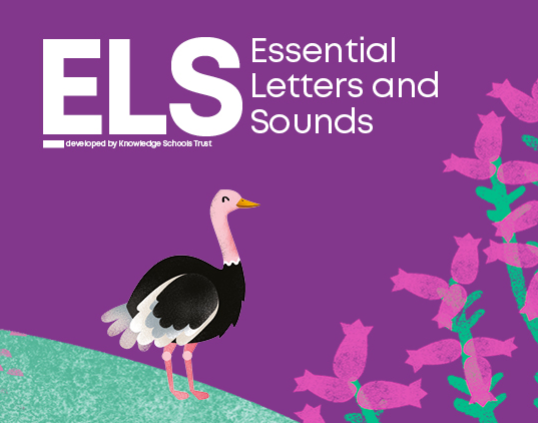
How we teach phonics
Children have discrete, daily phonics sessions in Early Years and KS1.
We use a simple, consistent approach to ensure:
- All children experience the same classroom routines within each lesson which reduces cognitive load and maximises the chances of success.
- All children are supported within the lesson to use their new phonic knowledge independently.
- In every single phonics lesson, children will make the direct application to reading.
- Apply activity work books provide opportunities for children to apply and consolidate new learning.
- The main focus is on word recognition. However, new vocabulary is also given and explained in every lesson.
- The new sounds and graphemes taught are revisited throughout the day.
- Opportunities are given for writing the new grapheme in words or sentences.
- Decodable Books
All children have access to well-matched decodable books from Oxford University Press which support the ELS programme.
Wordsparks, Project X, Hero Academy and Little Blending Books have been expertly matched to each week of teaching. We also have access to the e-book library from Oxford Owl to support teaching both within the classroom and at home.
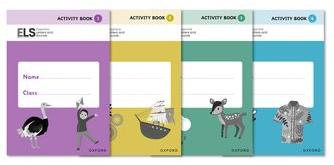 |
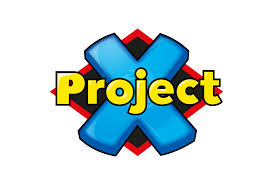 |
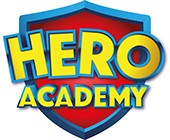 |
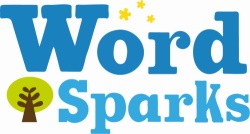 |
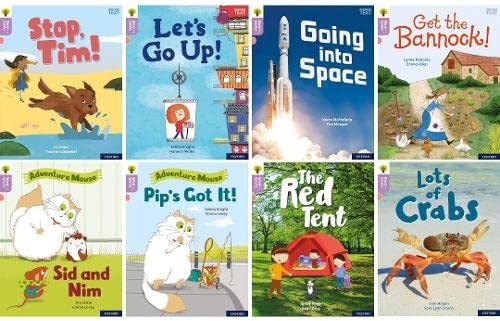 |



